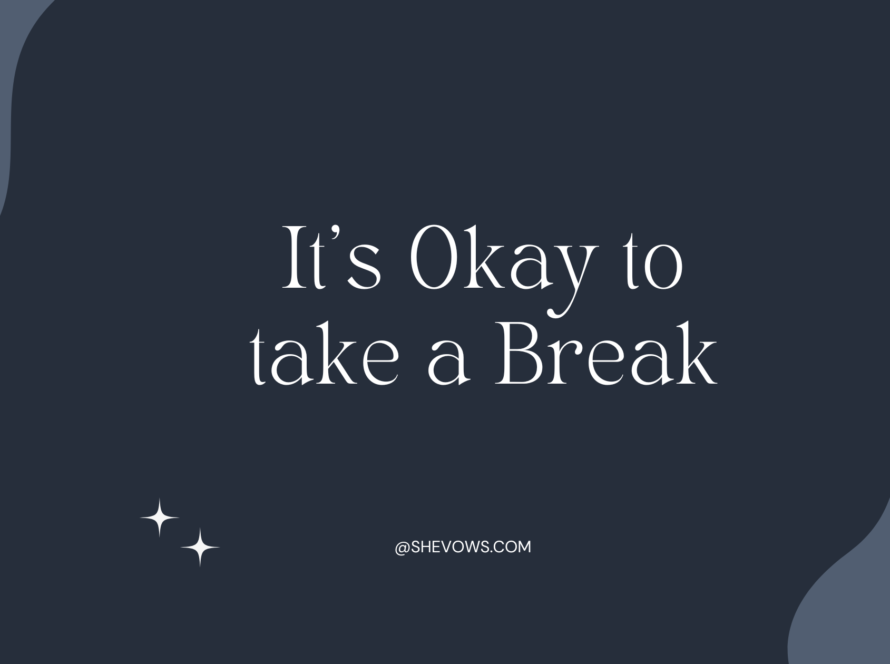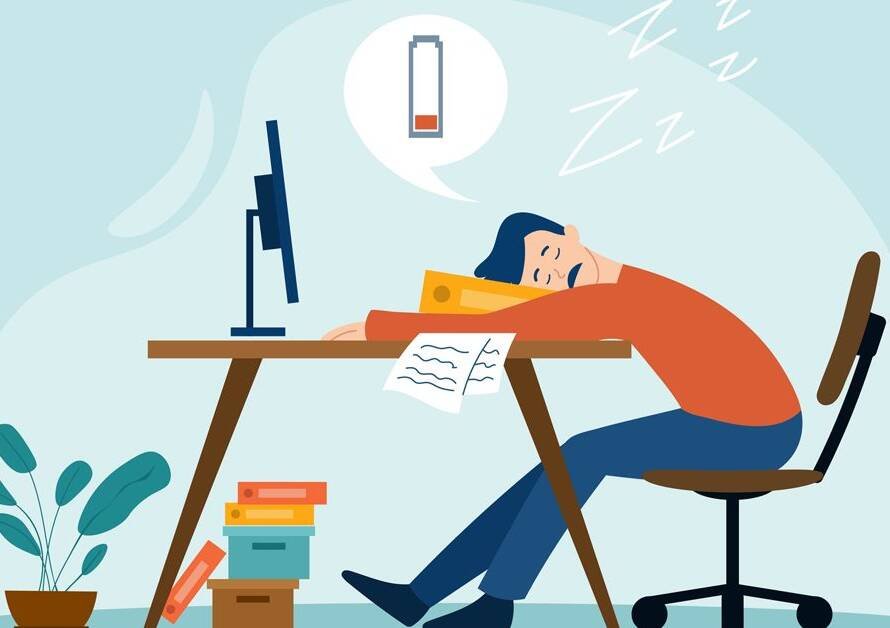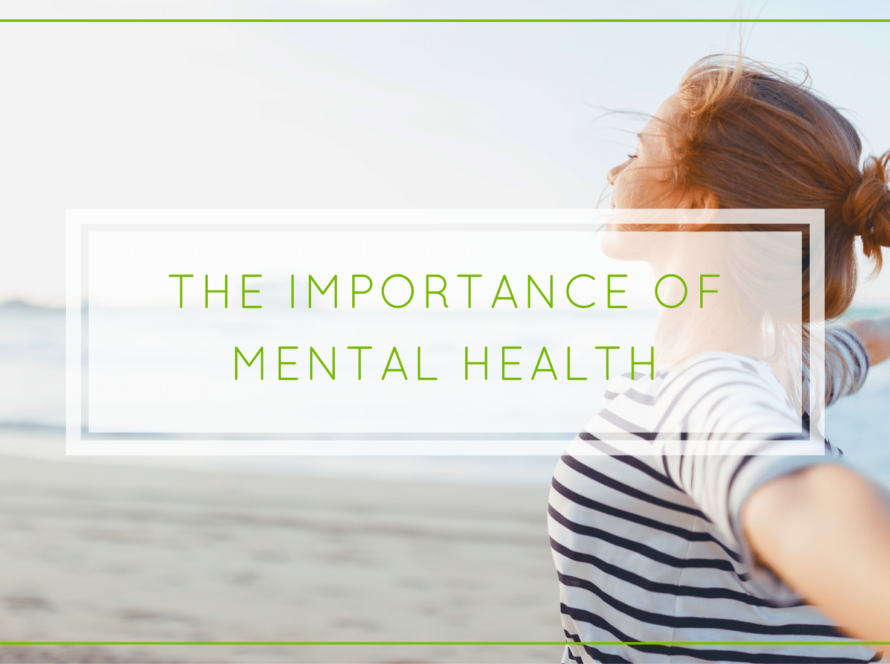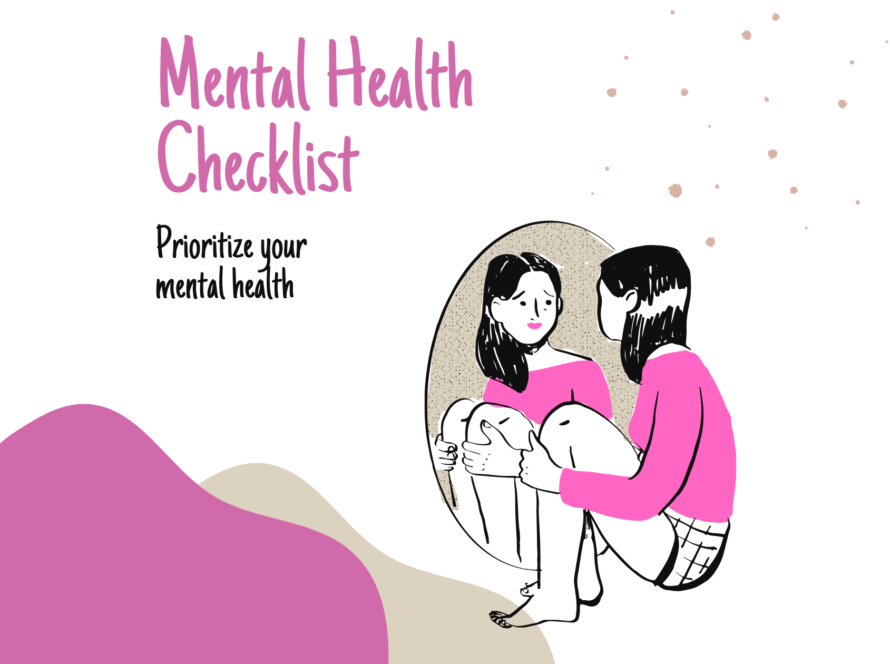Stress is an inevitable part of life, and how we respond to it can make all the difference. As Maureen Killoran wisely said, “Stress is not what happens to us; it’s our response to what happens, and response is something we can choose.” This insight highlights the power we have over our stress reactions.
The Science Behind Stress
When we encounter a stressor, our bodies react almost instantly. The brain releases chemicals like serotonin and adrenaline to gear us up for the challenge. Following this initial response, stress hormones flood our system, impacting key areas of the brain responsible for memory and emotional regulation.
This stress response—often called “fight, flight, or freeze”—is essential for immediate threats, like escaping from danger. However, it’s less effective for chronic stress, such as the pressures of a demanding job. Living in this heightened state daily can take a significant toll on our mental and physical health.
Chronic Stress and the Brain
Research from the National Library of Medicine reveals that chronic stress alters crucial brain regions, including the prefrontal cortex and the limbic system. These changes can impair decision-making and impulse control, leading to increased anxiety and mood disorders. The prefrontal cortex, often referred to as the “cortex of the person,” suffers when stress becomes a constant companion.
The Gut-Brain Connection
Stress doesn’t stop at the brain; it also wreaks havoc on our gut health. This gut-brain connection works both ways—stress can lead to gastrointestinal issues, which, in turn, can exacerbate stress and anxiety. Moreover, prolonged stress can disrupt hormonal balances necessary for reproductive health, affecting fertility and libido.
Physical Symptoms of Stress
Recognising the physical signs of stress—like muscle tension, headaches, and memory lapses—is crucial. These symptoms can create a vicious cycle, where physical discomfort heightens stress levels, leading to even more physical symptoms. Breaking this cycle requires proactive strategies.
Effective Stress Management Strategies
Understanding how stress affects our bodies equips us to manage it more effectively. Here are some practical techniques to help you regain control:
Practice mindfulness: mindfulness techniques, such as meditation and deep breathing, can help ground you in the present moment and reduce stress levels.
Stay Active: Regular exercise boosts endorphins, which improve mood and reduce stress.
Eat a Balanced Diet: Nourishing your body with healthy foods supports both your physical and mental health.
By embracing these strategies, you can mitigate the negative effects of stress and enhance your overall well-being.
Stress is a natural part of life, but understanding its biological and physical effects empowers you to take charge of your response. By applying stress management techniques, you can maintain your mental and physical health, even in challenging times. Remember, while you may not control the surrounding stressors, you have the power to choose your response.











